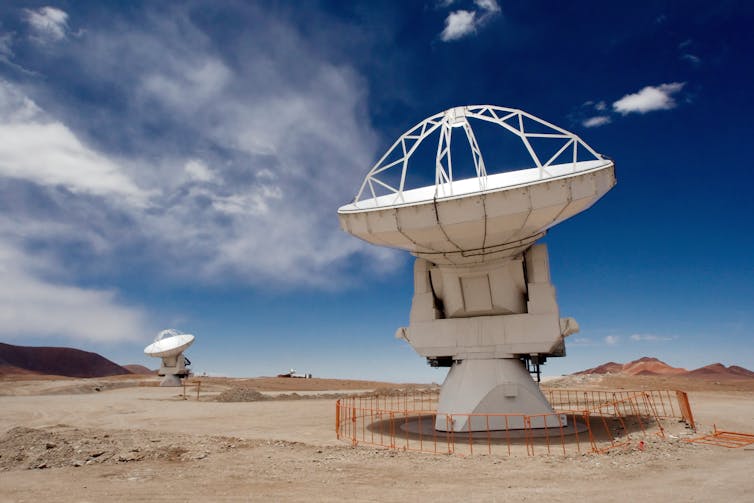Middle East needs fairer taxes to bolster growth, tackle inequality: IMF study
Governments in the Middle East must implement modern and fair tax systems to meet challenges such as hiking spending to protect the poor from issues including soaring food and fuel inflation, according to a study by the International Monetary Fund (IMF), Anadolu News Agency reports

Estimated reading time: 2 minutes
Tax revenue as a share of gross domestic product remains relatively low in the region, although tax bases in many countries have expanded, the paper said.
"There is scope, in other words, for governments to raise more revenue by bringing tax ratios closer to the levels that they could achieve, given their economic structures," it said.
The researchers contended that removing widespread exemptions and inefficient incentives will "broaden tax bases and make tax systems more transparent."
"The difference between actual and potential tax collection equals about 14 per cent of GDP (excluding oil and gas), on average," the study said.
It cited examples of countries that have made progress in broadening their respective tax bases, or are making efforts to this end.
Egypt, according to the study, "aims to reform its income tax law to simplify the legal framework and streamline exemptions."
On the push toward electronic tax filing in countries such as Algeria, Azerbaijan, Pakistan and Iran, the IMF research said modernising processes makes systems more efficient and improves enforcement and compliance.
"Still, further efforts are needed including to streamline organisational structures, improve business processes and leverage digital technologies," the study said.
Closer cooperation to boost global exchange of information across tax jurisdictions will also be beneficial, it added.
The research cited anti-corruption efforts in Georgia and Tajikistan as a success story, saying the two countries doubled their tax to GDP ratios in the past 20 years by simplifying tax systems and procedures.
"Countries in the Middle East and Central Asia can use tax policy to promote economic development, increase social inclusion and alleviate food insecurity," read the paper.
Source: Middle East Monitor under CC BY-NC-SA 4.0
What's Your Reaction?
























